A bright poster with a wide smile by Hugo Chávez, president who commanded Venezuela between 1999 and 2013, welcomes patients in the children’s ward of one of the most prestigious hospitals in the capital, Caracas, El Algodoal, a reference in respiratory diseases. At 7 am on a Wednesday, the Bolivarian National Guard, armed with guards at the doors, was changing shifts—and then there was a chance for a walk inside those doors. It’s a scene of horrors. There is a lack of gloves, masks, antibiotics, oxygen and even water that family members bring using abandoned soda bottles in filthy bathrooms. Leaks drip into the kitchen on the meager food of the sick, many with a diagnosis of malnutrition. Not infrequently, the light also goes out, giving surrealist contours to the human drama that takes place in those corridors. The other day, chief surgeon Marieta del Raya was operating on a man when a blackout happened. She kept her hands steady and finished the delicate work of sewing his abdomen with her cell phone flashlight. “This country is in the ICU”, summarizes the doctor.
The portrait of the once excellence medical center, to where people flew from all over Latin America, is a sad mirror of today’s Venezuela — the neighbor who is constantly emerging in the polarized Brazilian political debate as a target of intense attacks or praise, depending on the ideological nuance, depending on who holds the microphone. There, abundant tap water, power, gas for cooking, all these basic civilizing achievements have become luxury items in the already beaten everyday life of the vast majority of the population who are lacking assistance in their most elementary needs.
According to new data from the National Survey of Living Conditions, collected each year by the three major universities in the country, ahead of the zeal for statistics that the government does not provide, an unbelievable 94.5% of people are sunk into poverty, living with less than $3.2 a day. A portion of three-quarters of this contingent inhabits an even more dramatic zone — that of misery. Nowhere on the planet is the share of the poor people so vast, not even in African nations where scarcity has historically abused individuals, such as Madagascar and South Sudan (see ranking). “It’s the worst economic and humanitarian crisis ever recorded in Latin America, and there were many”, says Paulo Velasco, a specialist in the region and author of Venezuela and Chavism in Perspective.
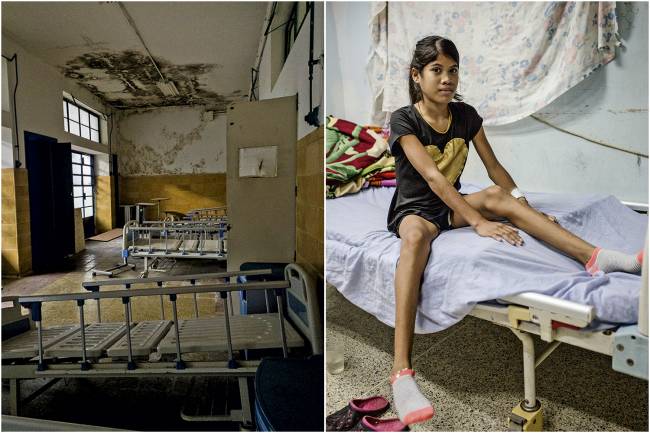
The most perverse face of the spiral of poverty is hunger, which drags forces and concentrates energies on the hardships of surviving. A survey by the UN World Food Program shows that one in three Venezuelans does not meet the minimum nutritional requirements. A routine takes place in homes like those in the town of Tocoron, two hours from Caracas. In shacks that show empty refrigerators and rusty appliances, bought in the best of times, five cousins between the ages of 5 and 11 are underweight and tiny, looking much younger. They eat, as they say in Venezuelan houses, whatever they have—if there is nothing, they starve. Soon, Luiz Cadiz is found, he was once heard by the VEJA report three years ago and now, again, at 18. Before, the boy dreamed of “eating meat” again. “Today I want to eat anything,” he said in a cutting statement in which he gives face to a disturbing reality pointed out by the same survey, which has dug the dimensions of poverty: in 2020, it jumped 91%. The pandemic and its deleterious effect on the labor market contributed to such expansion, but the virus is just one of several factors that drag the country to the depths of the crisis.
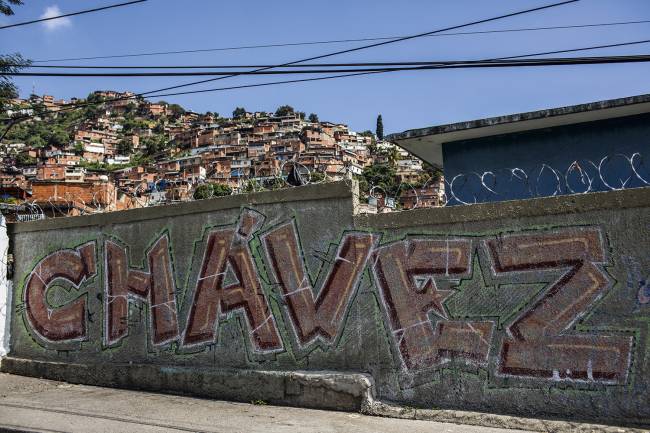
The plot that took Venezuela, the former “Saudi Arabia of Latin America”, to the top of the most uncomfortable of the rankings involves an explosive combination of authoritarianism, fiscal irresponsibility, corruption, an environment of institutional uncertainty. Wrong economic options and the dismantling of the oil industry, which has already placed the country in the list of the largest exporters in the world and from which dollars used to flow. Not anymore: PDVSA, the state-owned oil company that in the 2000s produced more than 3 million barrels a day, is now stationed at 500,000 — the result of scrapping that has reached a point where employees have to sell iron and other metals extracted from inoperative machines and gasoline must be imported from Iran. The alarming turning down has nothing to do with the decline of such a valuable natural resource, but with the way in which Chávez and especially his successor, current President Nicolas Maduro. In power since the death of his chief, in 2013, dealt with the pillar of the Venezuelan economy, drawing funds from there to support a welfare policy and exchanging technical staff for high-ranking military sponsors.
Even with so many distortions, at that time, life continued to improve, driven by the high price of oil, which would plummet in 2014 — the inaugural year of Venezuela’s massive deterioration. Since then, the GDP has dropped by around 70%, something like a person weighing 100 kilos turning into 30Kg. Minister of Industry and Commerce in the times of Chávez, economist Victor Alvarez defines the period of petrodollars as one of “illusory prosperity”. “We didn’t take the chance to develop any industry, nothing,” he emphasizes, who considers Maduro the worst of all Venezuelan rulers and holds “frustrations” towards the Chávez era. Oil-tinged incompetence spills into the streets, where people line up for miles to fill their tanks, as gasoline supplies have dwindled and the government no longer subsidizes fuel at every station. In the others, a full tank costs around 30 dollars, twelve times the minimum wage.
In Caracas, one can find on a daily basis, hundreds of cars piled up, swallowing lanes and many people who have learned to resign themselves waiting their turn. Attorney Carlos Requena, 41, was number 8 of 150 vehicles, most of them damaged, with one or two decades on the road. At 4 pm, the news came that the gas station had closed and he was getting ready to go through the night waiting for his turn. He hoped that, by 5 am, the bombs would be full. “If everything works out, I should stay here for 28 hours”, he calculates. It was worse. “At the height of the pandemic, we spent days with the car stopped, taking turns with other drivers to go back home, take a shower and eat”, says the lawyer, who made several friends in this context that is unmatched elsewhere.
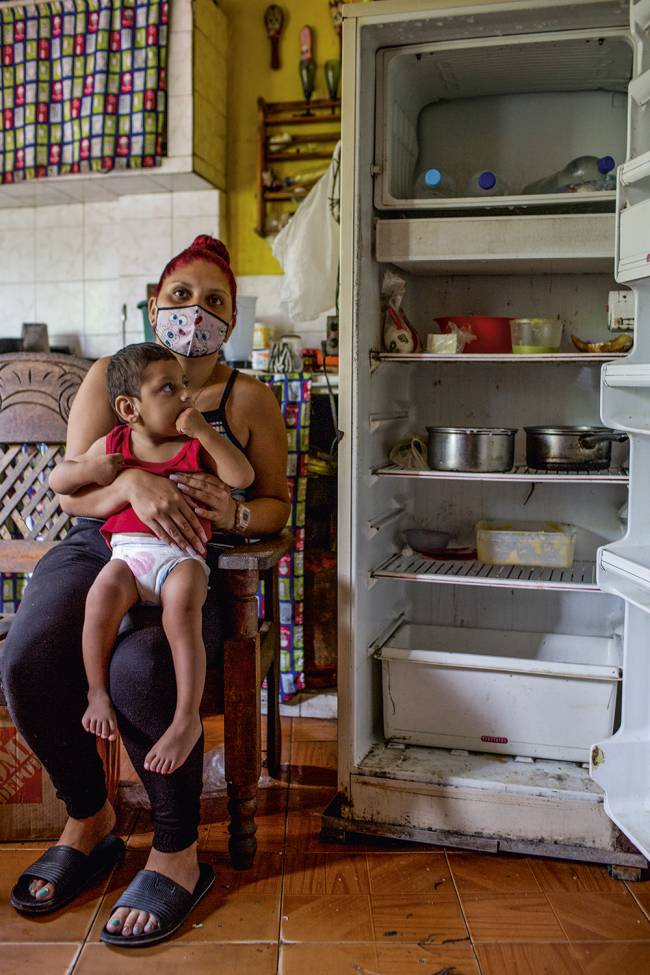
There are lines — the famous colas — for almost every day-to-day operation in Venezuela, but one of them has disappeared: the line of supermarkets that used to struggle with their empty shelves. Anti-propaganda for the government, Maduro tried to eliminate them by opening the doors for importing food. The problem then changed its name: there were no more shortages, but the population, impoverished, had empty pockets to buy anything. Living as a motorcycle taxi driver, Enderson Briseño, 30, is an example of the fall that so many have taken on the social scale, a movement that dragged 9 out of 10 families that made up the middle class into poverty a decade ago. He was part of a small cooperative, until the crisis hit everyone and the members were getting rid of their motorcycles. “I managed to keep mine and I make a living, but there are days when I don’t earn enough to bring food on the table”, laments the father of four, who has lost 25 kilos since 2018. The national average weight loss is 11 kilos in one year. “If there is little food, we leave it to the children”, completes his wife, Aymara.
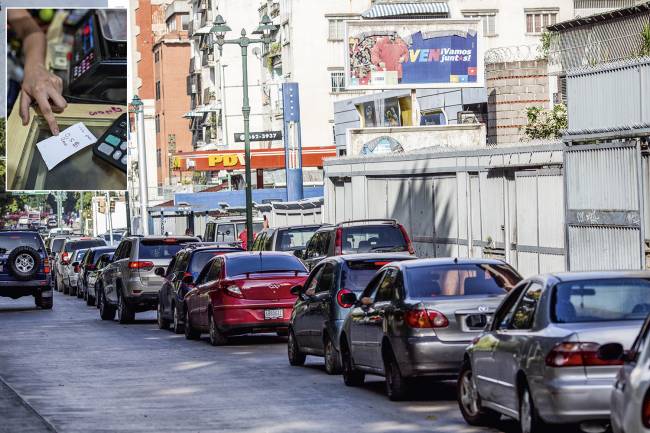
Pressed by the figures of a hyperinflation that has lasted for five years (it should reach 2 700% in 2021), with the State running out of cash and under US sanctions, Maduro has been implementing measures that, at first sight, sound like an affront to the Bolivarian textbook, but they do not resist a second look. “It’s a matter of survival,” says economist Asdrúbal Oliveros, from the Ecoanalytic consultancy. “The goal is to ensure the maintenance of power.” One of the maneuvers is to give some space to the private sector, which has been entering where the government no longer has the strength to be, such as food production and the hotel sector. Another ongoing change, that makes even Maduro himself blush, who used to demonize it, is the informal dollarization of the economy. A desperate act to try and curb inflation, giving a parameter to the prices that the bolivar has long since failed to provide — with 32 million bolivars you could buy an arepa, a corn flour tortilla that is a national passion. They cut fourteen zeros out of the coin, but printing the bill was more expensive than the value stamped on it, so most transactions migrated to digital.
Everyday economic life is chaotic. In every single financial transaction, every Venezuelan is forced to navigate a sea that mixes bolivars, dollars, debit cards and vouchers. That’s right: when there is no change in dollars, the establishments give a voucher. Sometimes you pay for a single soda with both coins. One way or another, everything became more expensive when the dollar entered the scene, a typical phenomenon in places so devastated by inflation that they do not keep the “price memory”, as economists say. “The poor have become poorer and the social gap has widened,” says Maria Jose Gonzalez, executive director of the NGO Cáritas in Los Teques, 30 kilometers from Caracas, where you can see a road dotted with disused factories. She speaks with knowledge of the facts: she deals with the chronic malnutrition of children and families whose vulnerability shocks due to the absence of the minimum. However, there is remarkable resistance in young people like Giurbeneles Echenique, 15, who is fighting both a disease that attacks her lungs and the idea that there is no good future for her. “I’m going to study and grow, you’ll see”, challenges the girl, who weighs 28 kilos when she should have been around 45.
Venezuela’s ruin involves a permanent affront to democracy by a government that corrodes institutions and dominates the three powers, silences the opposition by arresting its leaders, cultivates police and militias that act brutally and distorts the electoral game. “It is a theater that gives democratic clothing to a tyrant regime”, defines the doctor in political sciences and former deputy Gregório Contreras, of the opposition. On November 21, there will be elections for mayor and governor. This time a wing of the anti-Maduro will participate, without a chance of winning, including the party of Juan Guaidó, which in 2019 assumed the post of interim president with the intention of overthrowing Maduro, he was recognized by sixty countries, but dehydrated after failing in its goal of taking power. Maduro, in turn, remains attached to the position with the geopolitical support of Russia and China (referred to in the local news as “the Asian giant”) and maintaining an umbilical relationship with the military, in every instance.
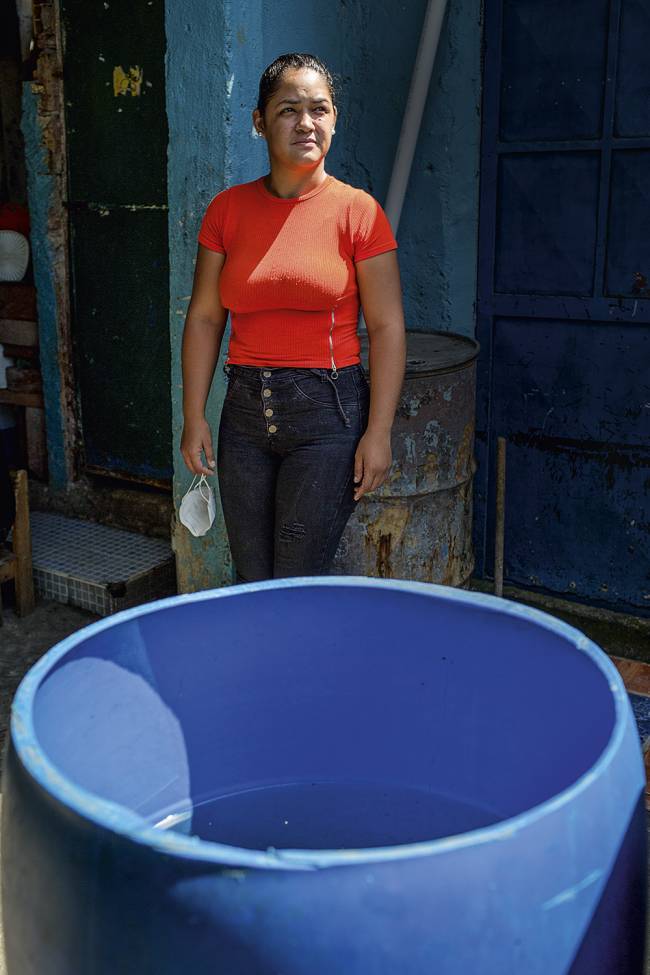
The military swing, typical of Bolivarianism, once enchanted the then federal deputy Jair Bolsonaro, who, nowadays, attacks Venezuela (but still flirts with the same authoritarianism). He even praised Chávez when the lieutenant colonel took possession of the Miraflores Palace in 1999: “I would love for his philosophy to reach Brazil”. “Populist nationalism based on the idea that militarism is an unavoidable force brings Bolsonaro closer to Venezuela, but it must be remembered that in Brazil we have a fully functioning democracy,” says diplomat Marcos Azambuja. Yet, despite Venezuela living an evident authoritarian rhythm, part of the Brazilian left insists on petting the head of Maduro’s gang, as if nothing existed. In May of this year, Lula, who was close to Chávez when they were both presidents, visited the Venezuelan embassy, posed next to Maduro’s portrait and posted on social media: “We are together”.
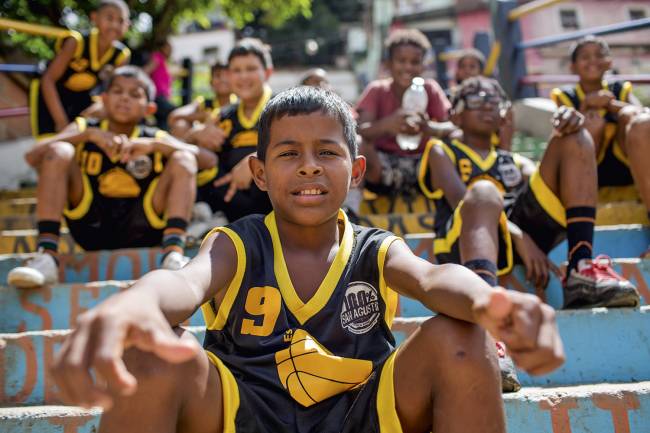
It is an exaggerated condescension, to say the least, towards a regime from which most Venezuelans want to escape. An expressive group of them crossed the border in search of better life in countries like Brazil and Colombia, adding to the stampede of the richest, who flew to destinations like Miami and Panama (see box). The account of those who left is at 5.6 million people, or 20% of the population. According to the Organization of American States (OAS), the number should reach 7 million by 2022, which raises Venezuela to another podium that no one wants to be included in the country with the largest migratory flow in modern history, barring Syria. A multitude of brains chose to go with salaries of around 10, 20 dollars, which also pushes them into poverty, as is the case of medical doctors and university professors. Even thieves went to assault where the wallets are fuller, which is noticeable by the dropping of local crime.
At the age of 11, Santiago Chireño, who lives with his mother and six siblings in the San Agostin favela in Caracas, already feeds the dream of leaving Venezuela. He takes basketball seriously, a sport that came to the country brought by the hands of Americans. Sometimes, with an empty stomach, the boy plays a little dizzy, but he does not lose sight of the goal of an entire generation. If foreign scouts appear there looking for talent, he and the others will do their best on the court. LeBron James fan plans: “One day I will be called by the Lakers and rid my family of all this poverty.” When everything else is missing, there is always dreaming.
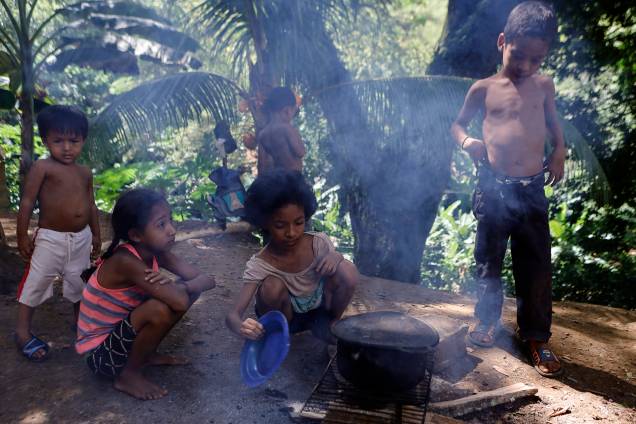
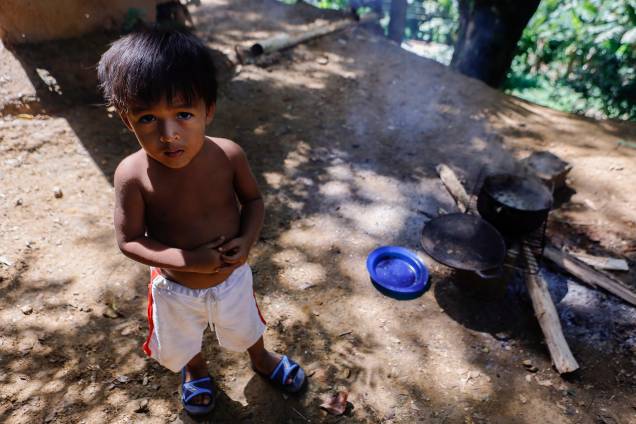
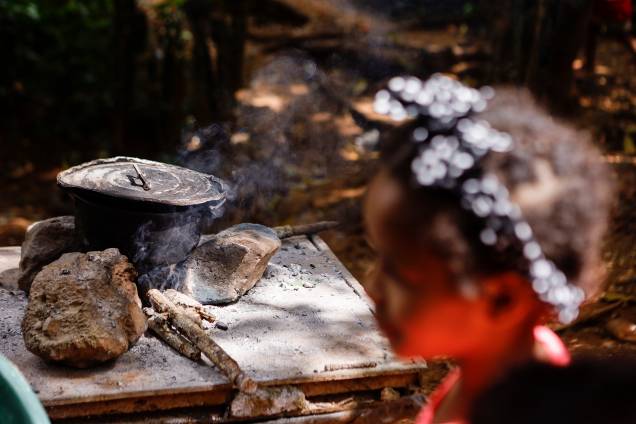
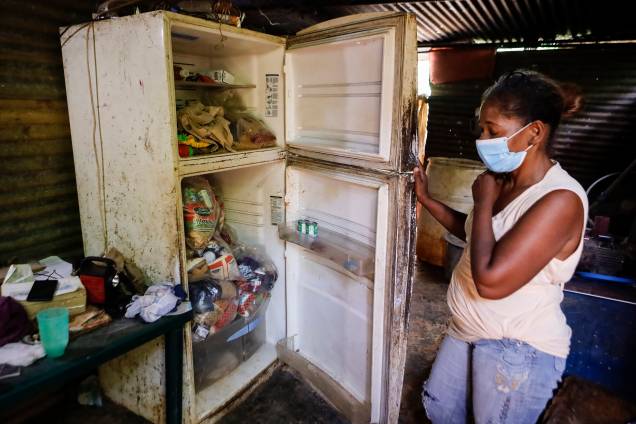

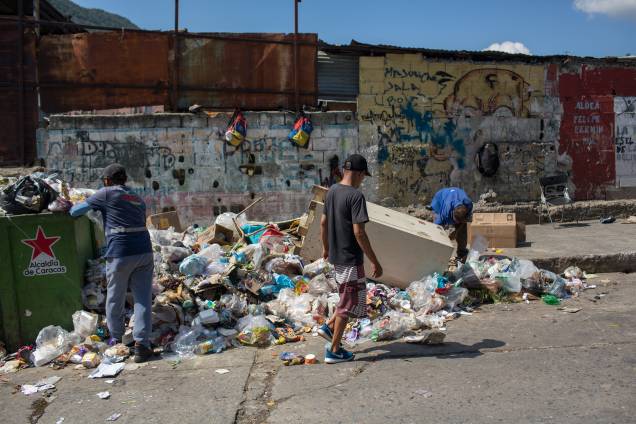
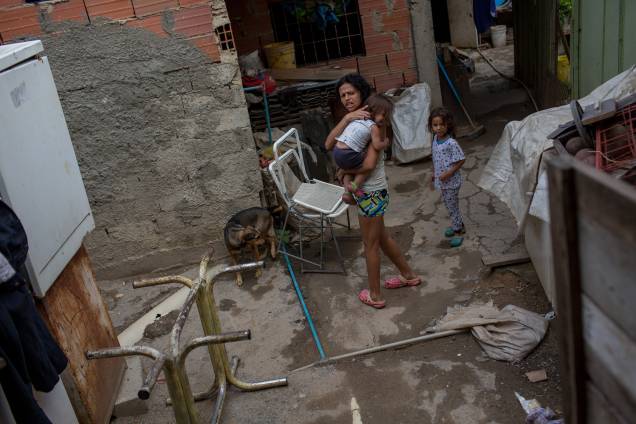
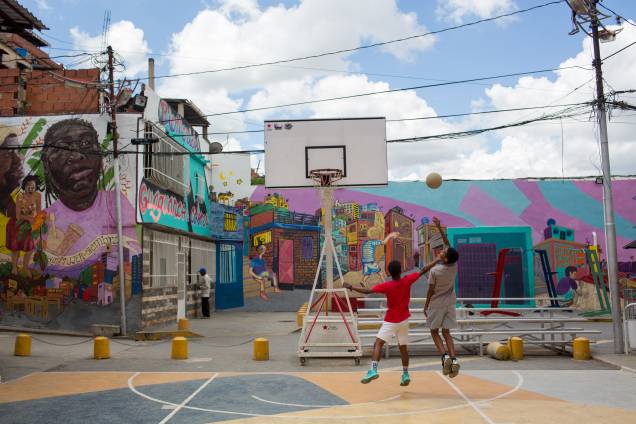
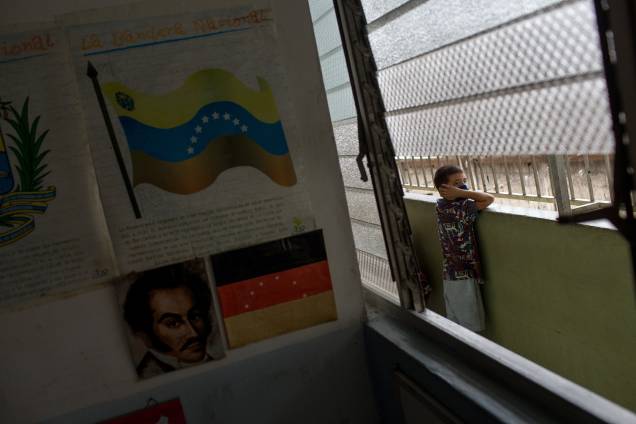
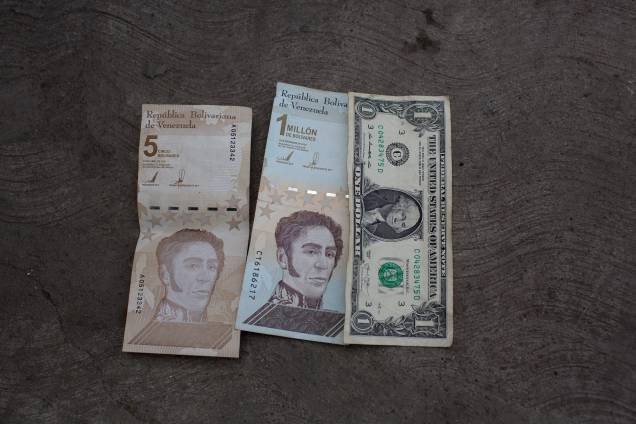
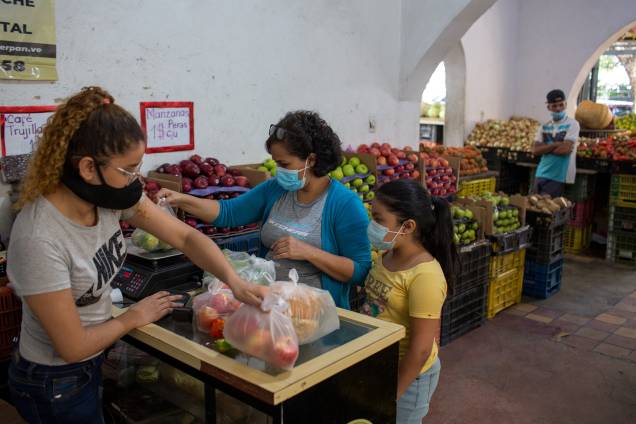
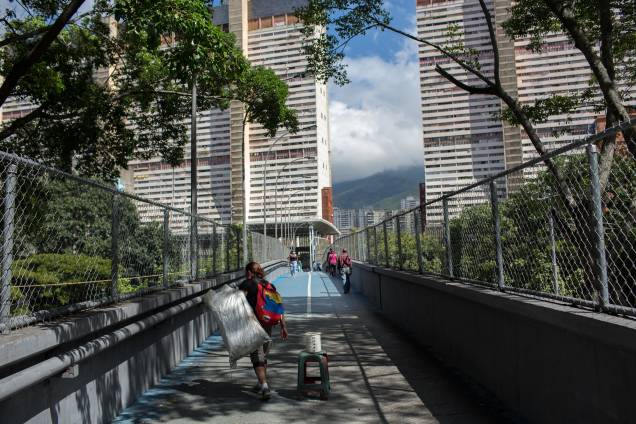
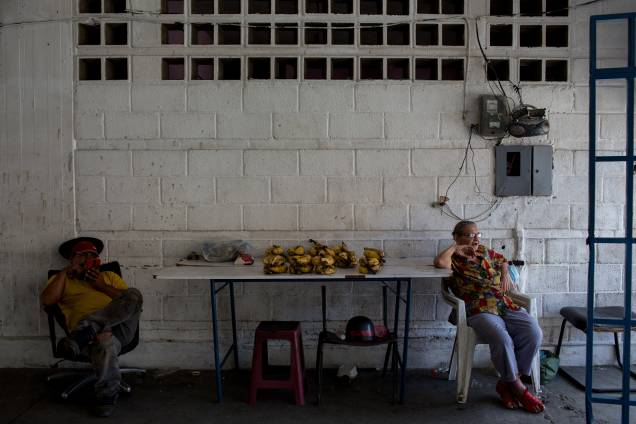
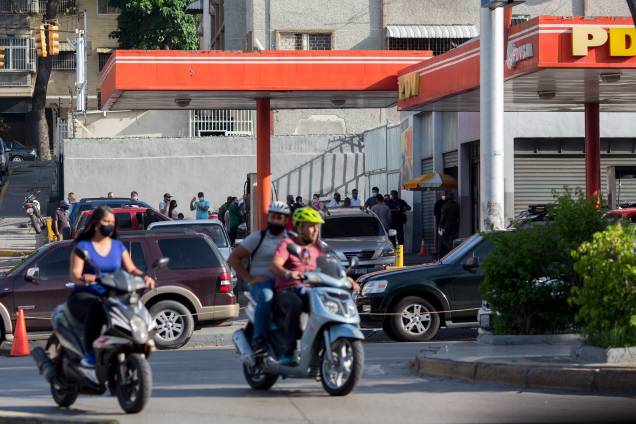
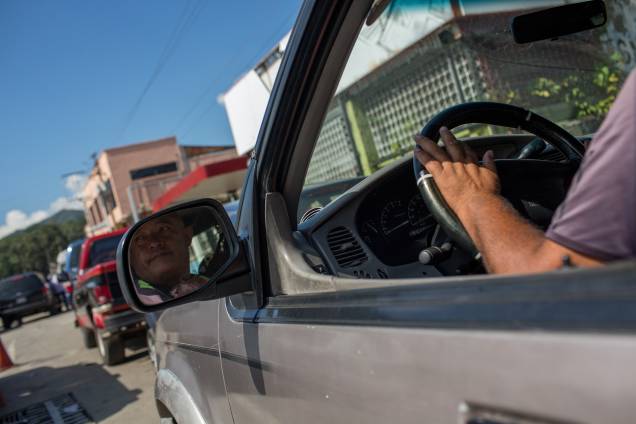

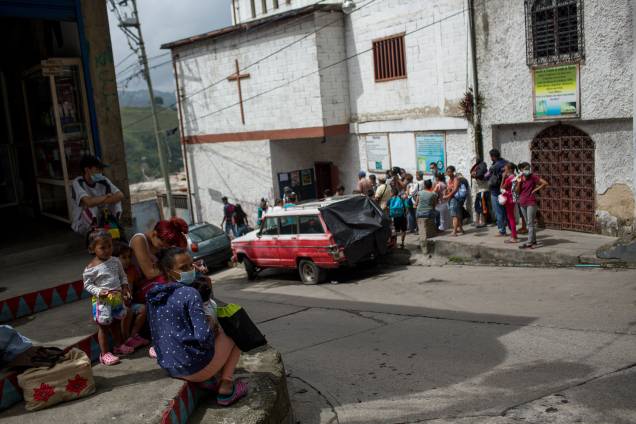
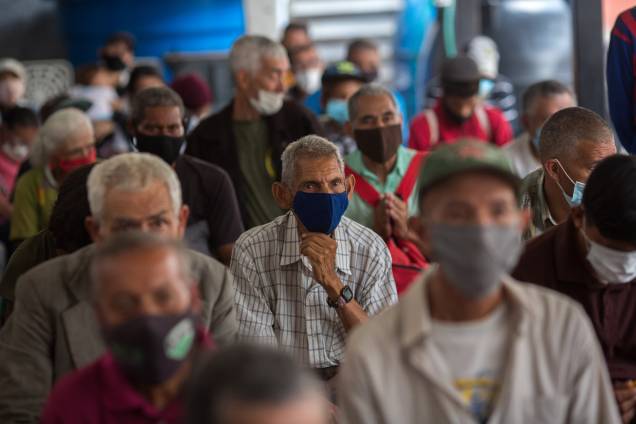
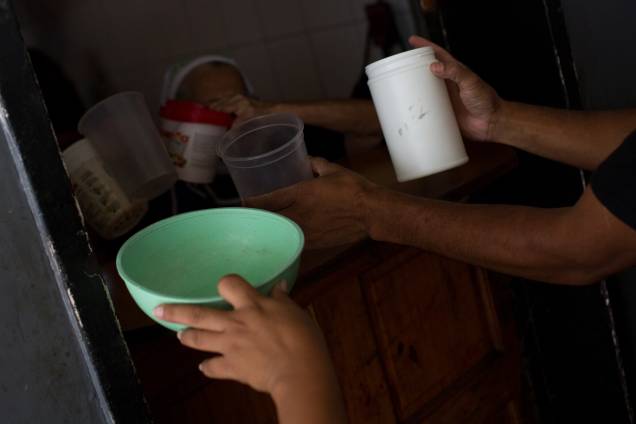
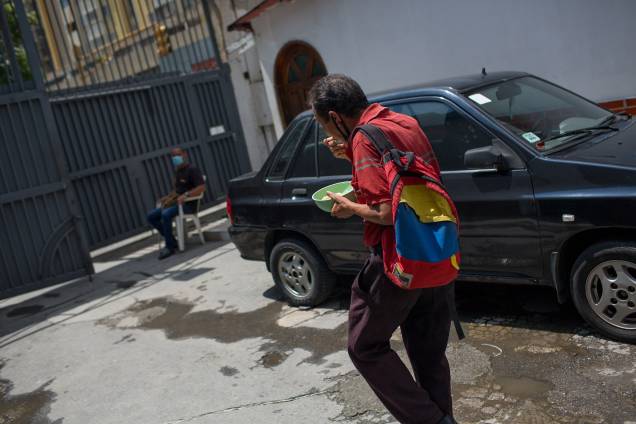
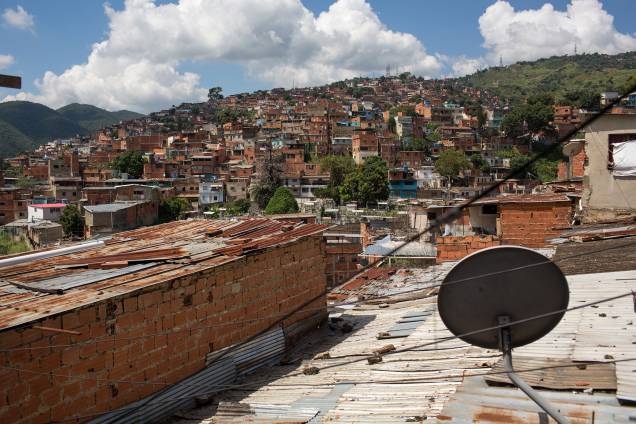
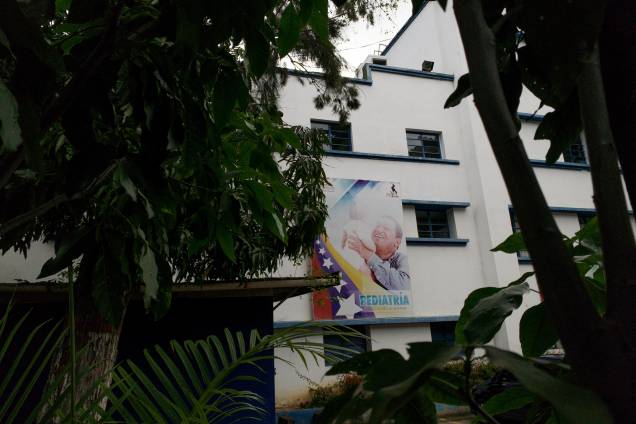
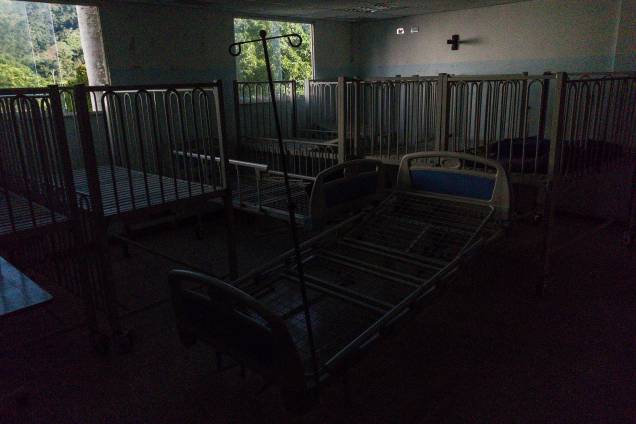
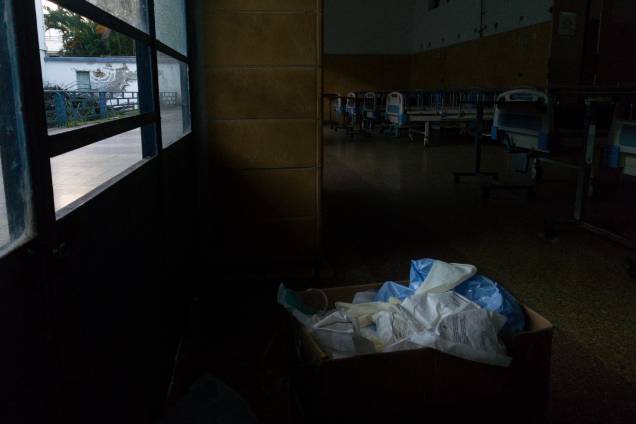
* Translation by Áurea Carolina Coelho Móre














